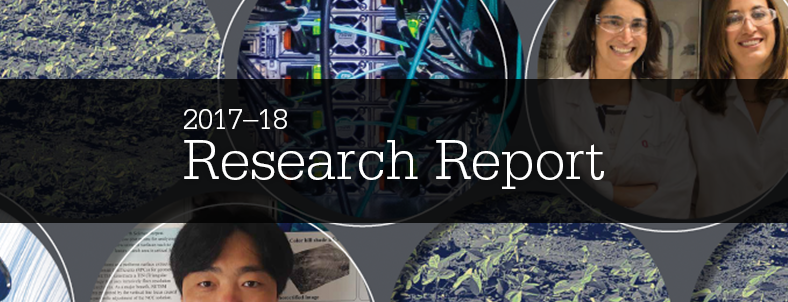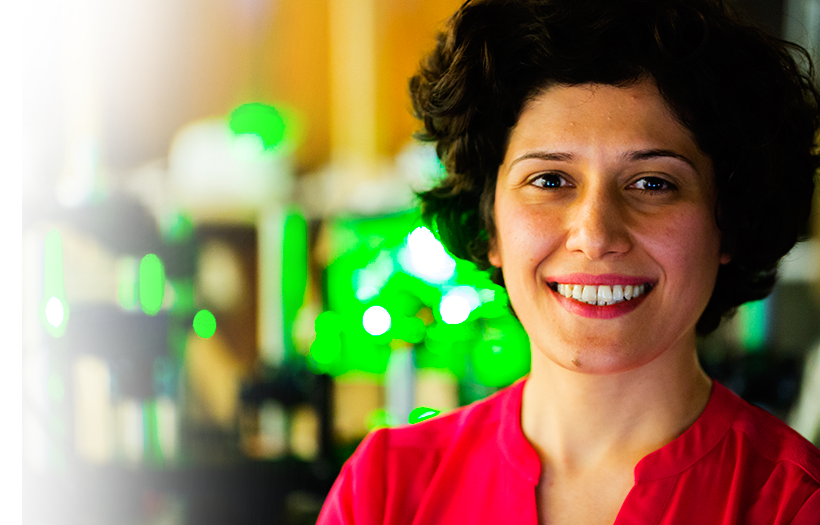Researchers in Sarah Hormozi, Ph.D’s lab refuse to go with the flow: instead, they study it. More specifically, Hormozi, assistant professor of mechanical engineering at Ohio University, investigates complex suspensions in fluids. These occur in natural settings such as landslides, mudslides, underwater avalanches as well as industrial settings such as mining operations and in the petroleum industry. Rather than waiting for one of these natural disasters to happen or traveling to mines and oil fields, the group simulates these flows using resources at The Ohio Supercomputer Center.
“There is a compelling need to study the rheological behaviors of these complex suspensions in order to be able to predict their flow dynamics in various situations,” Hormozi said. “However, this prediction is a challenging problem due to the complex rheology of the suspending fluids, the interaction of fluid and particle phases, and multiple-body and short-range interactions of particles.”
The suspensions Hormozi’s group studies are materials consisting of viscous fluids and solid particles, with a broad range of sizes. The suspending fluid itself may exhibit a wide range of behaviors such as shear thinning, shear thickening, shear banding, yield stress and viscoelasticity. The group intends to create a computational framework based on the Immersed Boundary Method, used to study various types of flow. The group has used OSC for a few projects in this area.
One such involves the mixing of municipal sludge, or semi-solid sewage material. Understanding mixing process is important as it influences how to thermally treat the waste, for example, through anaerobic digestion. This can have a profound influence on what gases are released into the atmosphere in this process. Throughout this project, the group identified ways to enhance mixing by redesigning the mixing flows as well as the mixing digester geometry.
“The project is composed of highly expensive simulations which require intensive computational time on multiple CPU,” Hormozi said. “Conducting this project is essentially impossible without being able to use a multi-core high performance supercomputer like OSC.”
Hormozi intends to integrate this research with educational activities to promote interdisciplinary research, teaching and international collaboration.
Project Lead: Sarah Hormozi, Ph.D., Ohio University
Research Title: Interface-resolved simulations of particle suspensions in complex fluids
Funding Source: National Science Foundation
Website: http://hormozilab.com/

